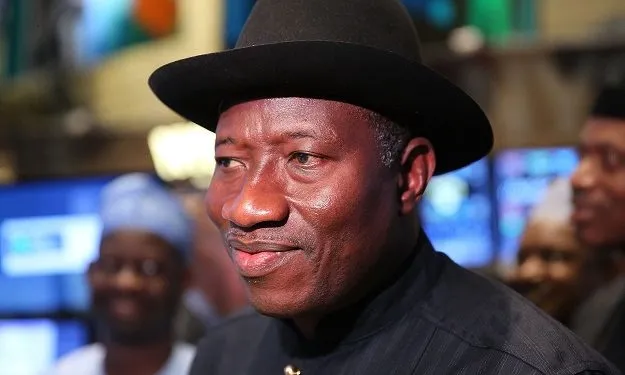Bello El-Rufai, a member of the House of Representatives and son of former Kaduna State Governor Nasir El-Rufai, has openly acknowledged that his past criticism of former President Goodluck Jonathan was marked by youthful naivety.
Representing the Kaduna North Federal Constituency, El-Rufai admitted that, at the time, he lacked a full understanding of the complexities of governance and failed to recognize the efforts being made under Jonathan’s leadership.
Reflecting on his shift in perspective, El-Rufai said the turning point came when he witnessed his own father—once a vocal critic of the Jonathan administration—engaging in political dialogue with the former president. That moment, he said, forced him to confront the limitations of his earlier views and gain a deeper appreciation for the nuances of political leadership.
“I visited my father after I became a member and I saw him wearing a polo shirt and I said ‘where are you going?’ And he said he was going to see President Jonathan, and I paused because when I was naive or when I thought ego or gratification mattered, I used to be very active in criticising President Jonathan.
“I even forgot in my naivety as many young people do, that we had governance then and I found my father saying that he is going to consult President Jonathan. I said, ‘please when you see him, tell him I am very sorry, I am wiser now’.
“The system is a problem. Now, why did I mention President Jonathan? It takes a lot particularly in Africa to lose an election and leave, he did that,” Bello El-Rufai said.
Acknowledging the progress made in Nigeria’s electoral reform efforts, All Progressives Congress (APC) lawmaker Bello El-Rufai emphasized his commitment to safeguarding the integrity of the electoral process.
Addressing recent speculation about a potential amendment that would permit voting without a permanent voter’s card, El-Rufai made it clear he would oppose any such move, arguing that it could undermine credibility and accountability in elections.
At the same time, he expressed strong support for the continued advancement of electoral reforms—particularly measures such as the electronic transmission of results—which he described as vital steps toward greater transparency and public trust in Nigeria’s democratic process.
Africa Today News, New York
Crédito: Link de origem


